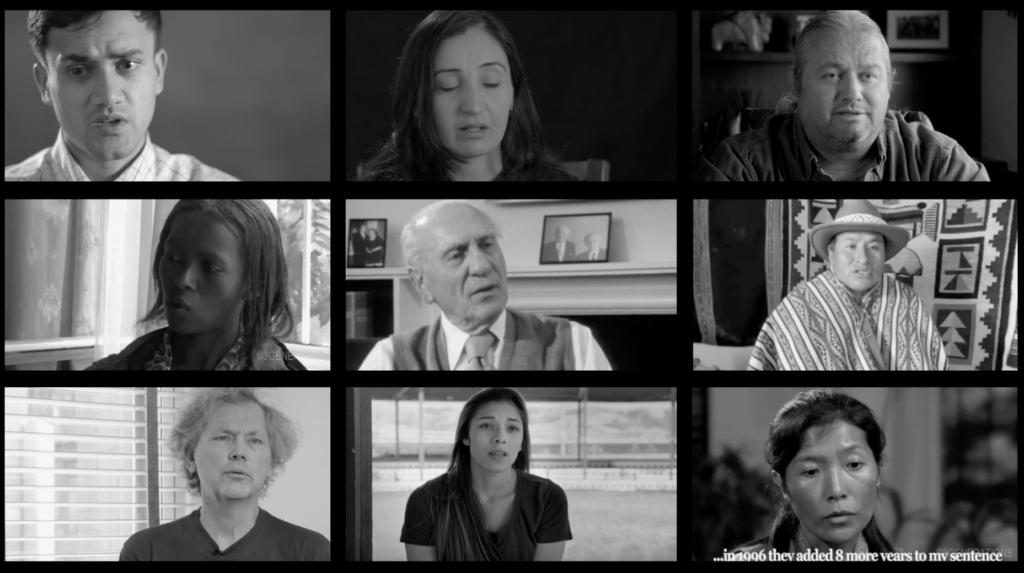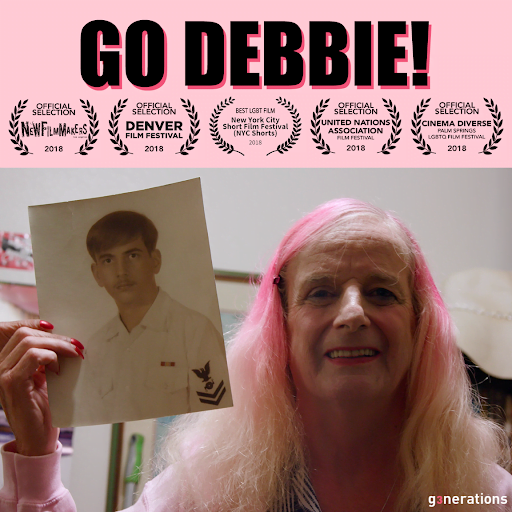Opinions
An intern’s story: The war from afar — what history means to me.
Written by Mimi Mayo-Smith, our new intern at 3 Generations.
Growing up in Ho Chi Minh, Vietnam, my sisters and I would coddle up under the mosquito net and listen to my grandmother recite French poetry and sing lullabies: remnants of the colonial education she received under a now crumbled Indochinese Empire.
My grandmother grew up in the North of Vietnam but migrated to the South when the communists took over. She lived through the French and Japanese occupation, and survived American violence on Vietnamese soil and bodies. It is her personal story and lively voice that gave me a different perspective on the “Vietnam War”, one which complexified the version I learnt in school. In my high school and university classrooms, the Vietnamese War was painted in black and white shades of ideology: capitalism versus communism, the Americans versus the Vietnamese, the imperial collaborators versus the rural peasants. Yet, my grandmother saw it differently. To her, the War was beyond dualisms.
The people of the War were pieces of a broken mirror, scattered in many places, holding differing beliefs, hopes and desires. People’s loyalty were like body parts denigrated, burnt by napalm. “One was simply loyal to one’s life, and even then, not always.”
It was under the mosquito net, that I understood everyone’s voice had a place in “history”. My grandmother’s story is as authentic as the paragraphs printed in history textbooks. Voices, I learnt, are not only expressions of individual selves, but create, contribute, and re-enliven the story of a generation, a nation, a War, an injustice.
I intern at 3 Generations because I believe in the worth of personal stories to give meaning to buried political histories. I believe personal stories have the penetrating power to make the other care for histories that may not at first seem like their own. I believe in the authority of the non-authoritarian to share his or her story and define what injustice looks like and feels like.
I appreciate 3 Generation’s films on the refugee crisis and historical genocides because they do not uphold an objective view. There is no room for the impersonal. 3 Generations expresses trust and respect for the voices whose bodies were directly permeated by specific crises. 3 Generations carves vocal and visual spaces for those whom are usually left in the shadows. For this, I am grateful to be here.




